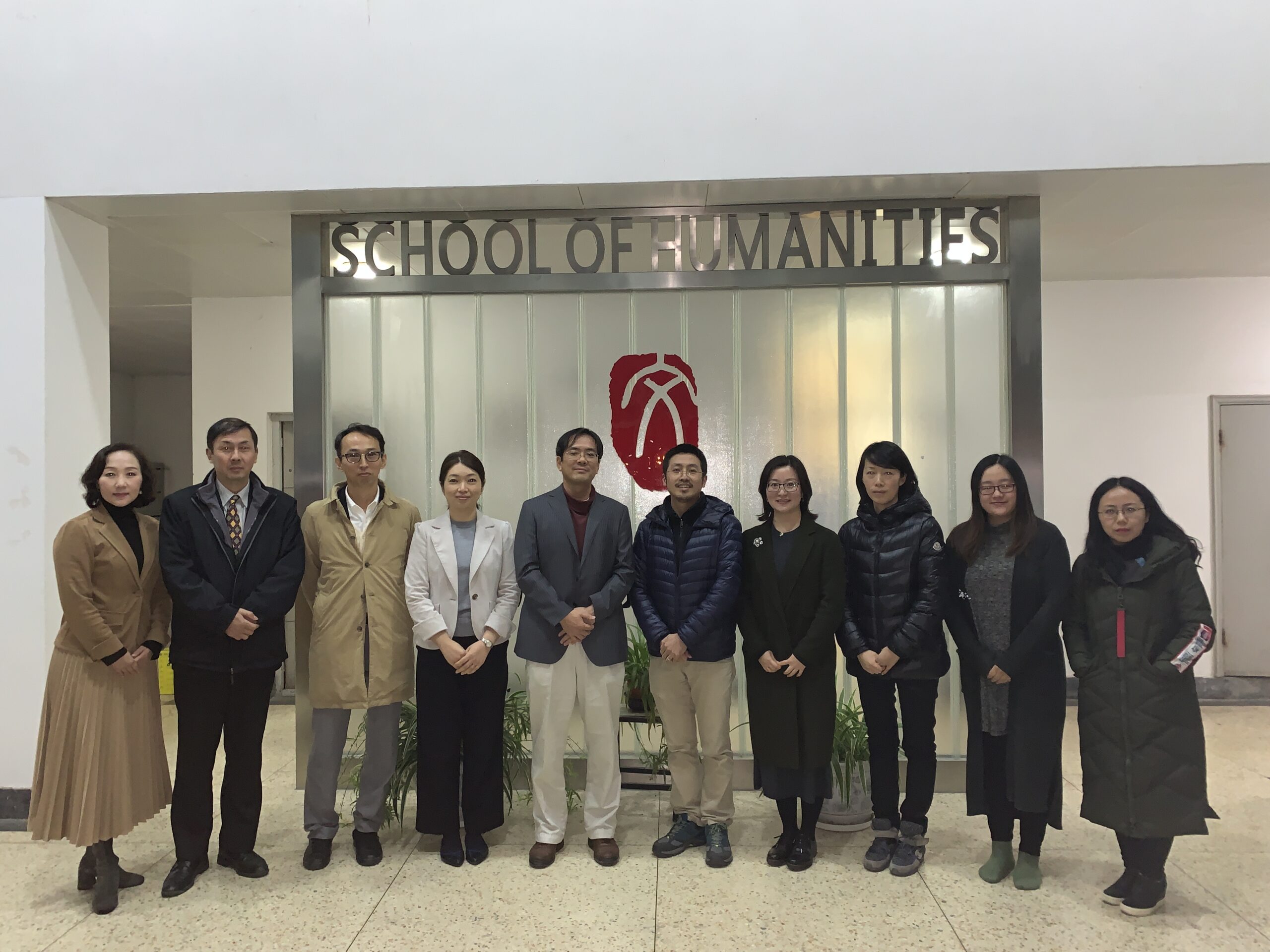Human Care Innovation SectionJapanese Culture
What is the idea of “not wanting to be a burden”? Why do people feel that way?: An interdisciplinary study of “aging” in Japanese society
Mind-set for aging and impending death, which is commonly found in Japan, is “desire to not cause trouble for family members or children.” Many people would feel that any Japanese person would naturally think that way, when they hear this expression. This type of mind set could lead to adverse effects, reducing the mental quality-of-life (QOL) of people in need of nursing care and aged people, and promoting negative images for hospitals or aging.
However, there has been a dearth of systematic research regarding this conception. It is essential to gain an insight into the nature of this conception of “hesitation of being a source of trouble.” This investigation could be beneficial to improve mental QOL of people in need of nursing care and aged people.
However, it is difficult for only one academic field to accomplish successfully. Therefore, this research project is conducted with mainstay of humanities (philosophy, history of thought, theology, history of science and technology, Japanese history and cultural anthropology) and with cooperation of nursing and psychology. Focusing on this conception concerning aging and death, which is commonly recognized in Japan, and deeply related to settings of nursing care, the integrated research aims to clarify structures and characteristics of this consciousness of not wanting to be a burden.This research is supported by JSPS KAKENHI Grant Number JP20H00007.

Faculty
Human Care Innovation Section Japanese Culture
Professor MOTOMURA Masafumi
